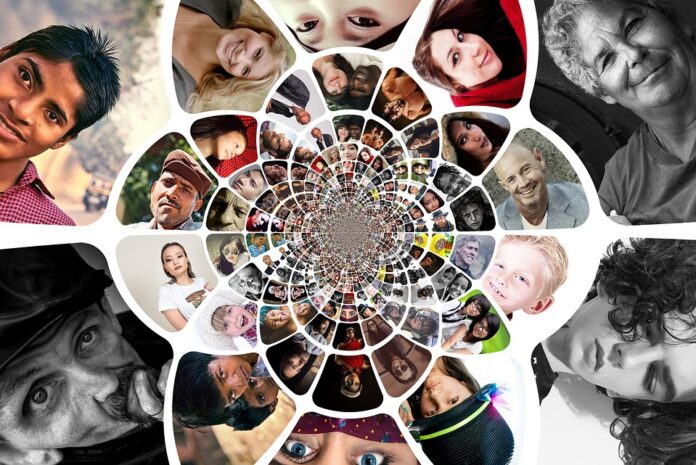Philanthropy has always been a crucial part of society, with individuals and organizations providing support to those in need. In recent years, advancements in technology, particularly artificial intelligence (AI), have revolutionized the way NGOs operate and deliver their services. AI tools have the potential to greatly enhance the impact and efficiency of philanthropic organizations, helping them reach more people and make a bigger difference in the world.
The Role of AI in Philanthropy
Artificial intelligence has the power to transform the way NGOs function by streamlining processes, improving decision-making, and enhancing data analysis. AI tools can help organizations better understand the needs of their target populations, optimize resource allocation, and identify trends and patterns that can inform strategic planning.
One of the key benefits of AI in philanthropy is its ability to automate mundane tasks and free up valuable time for staff to focus on more high-value activities. For example, AI-powered chatbots can handle donor inquiries and provide real-time support, improving donor engagement and retention. AI can also be used to analyze data from various sources to identify potential donors, segment audiences, and personalize communication strategies.
AI Applications for NGOs
There are numerous applications of AI that can benefit NGOs in their day-to-day operations. Some of the most common uses of AI in philanthropy include:
- Donor Management: AI tools can help organizations track donor information, predict donor behavior, and personalize fundraising campaigns to maximize donations.
- Program Evaluation: AI can analyze program performance data to measure impact, identify areas for improvement, and make data-driven decisions to optimize outcomes.
- Volunteer Matching: AI algorithms can match volunteers with suitable projects based on their skills, availability, and interests, leading to more efficient volunteer engagement.
- Resource Allocation: AI can help NGOs allocate resources more effectively by analyzing data on project costs, timelines, and outcomes to optimize project management.
The Benefits of AI for NGOs
The integration of AI tools in philanthropic organizations offers a wide range of benefits, including:
- Improved Efficiency: AI can automate repetitive tasks, analyze data faster than humans, and streamline processes, enabling NGOs to operate more efficiently.
- Enhanced Decision-Making: AI can provide valuable insights and predictions to guide decision-making, allowing organizations to make informed choices that lead to better outcomes.
- Increased Impact: By leveraging AI tools, NGOs can reach a larger audience, target resources more effectively, and deliver more impactful programs and services to those in need.
- Cost Savings: AI can help organizations cut costs by eliminating manual tasks, reducing errors, and optimizing resource allocation, leading to improved financial sustainability.
Challenges and Considerations
While AI has the potential to revolutionize the philanthropic sector, there are also challenges and considerations that organizations must address. Some of the key challenges include:
- Data Privacy: AI tools rely on large amounts of data, raising concerns about privacy, security, and ethical considerations in data collection and usage.
- Implementation Costs: Adopting AI technology can be expensive, requiring investments in infrastructure, training, and ongoing maintenance.
- Skills Gap: NGOs may face challenges in finding and retaining staff with the necessary skills and knowledge to effectively use AI tools.
- Public Perception: There may be concerns about the use of AI in philanthropy, including fears of job displacement, bias in algorithms, and lack of human connection in donor interactions.
Conclusion
As technology continues to advance, the role of AI in philanthropy will only become more prevalent and impactful. NGOs that embrace AI tools can gain a competitive edge, increase their reach, and make a greater difference in the communities they serve. While there are challenges to navigate, the potential benefits of AI in philanthropy far outweigh the risks. By leveraging AI technology responsibly and ethically, NGOs can revolutionize the way they operate and create positive social change on a global scale.
FAQs
Q: Are AI tools only for large NGOs with significant resources?
A: While larger organizations may have more resources to invest in AI technology, there are also affordable and accessible AI tools that can benefit smaller NGOs. Many AI solutions offer flexible pricing options and scalability to meet the needs of organizations of all sizes.
Q: How can AI help NGOs improve donor engagement?
A: AI can enhance donor engagement by personalizing communication, predicting donor behavior, and providing real-time support through chatbots. By leveraging AI to better understand donor preferences and tailor fundraising campaigns, organizations can increase donor loyalty and retention.
Q: What are some examples of successful AI implementations in philanthropy?
A: Some successful AI implementations in philanthropy include using predictive analytics to identify potential donors, deploying chatbots to streamline donor inquiries, and using data analysis to optimize volunteer matching and program evaluation. These AI applications have helped organizations increase efficiency, improve decision-making, and enhance their impact.









